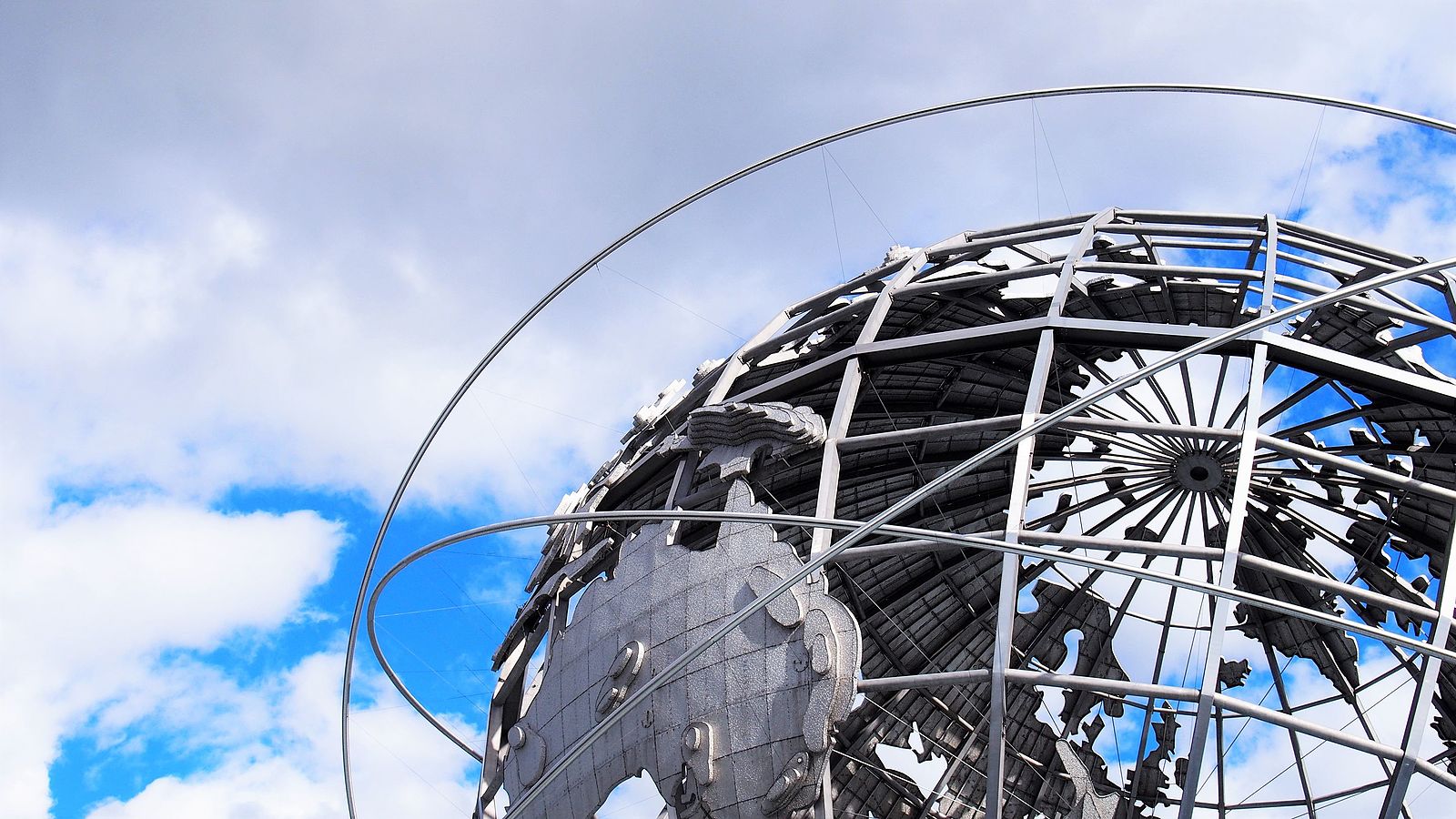Of the many issues that drive support for Donald Trump, immigration and trade may be the most integral, and the most heated. The Republican presidential nominee has made no secret of his distaste for undocumented immigrants; he’s also frequently decried trade deals such as the North American Free Trade Agreement and the proposed Trans-Pacific Partnership. As the result of this, many members of the political media — including my Diamondback colleague Sam Wallace — have tied anti-immigrant and anti-trade views together. But this creates a dangerous false equivalence: Opposition to immigration and opposition to free trade are not one and the same.
Let’s begin with immigration. Nativists usually predicate their beliefs on two basic premises: Immigrants are disproportionately prone to crime and terrorism (“When Mexico sends its people … They’re bringing drugs. They’re bringing crime. They’re rapists.”; and immigrants make it harder for other Americans to find employment (“They took our jobs!”). The former claim has no truth whatsoever — reams of research have shot down the idea that expatriates are uniquely prone to lawlessness. Indeed, many of the people who come to the U.S. from Latin America, especially the scores of child migrants, do so to escape the violence and crime in their home countries. The latter claim, however, has some truth to it. Unsurprisingly, adding a large number of working-aged adults to the job pool doesn’t do wonders for the employment rate. This certainly doesn’t excuse nativism, but it does mean that an influx of immigrants has led to some problems for the U.S.
So how should we solve those problems? The response that Trump has vocally supported is mass deportation: Send the immigrants back to their homelands, so that someone else will have to take care of them. In addition to the blatant immorality of this view, it ignores the fact that, in many cases, American foreign policy has set into motion the violence that forces people to cross the border. A non-sociopath would reason that, because the U.S. bears much of the responsibility for immigrants’ plights, we should try to integrate them into our society; simultaneously, we should address the issues that plague other Americans. Policies to combat unemployment and stagnant wages would help in both regards — because everyone, whether native or foreign-born, needs an income — and would thereby relieve any strain immigrants put on the system.
Instead, American politicians far too often embrace policies that go in the other direction — such as free trade. NAFTA, implemented in 1994 under former President Bill Clinton, removed most of the tariffs on trade between the U.S., Canada and Mexico; that led to rapid outsourcing, moving nearly 700,000 jobs out of the U.S. Our neighbor to the south suffered too, as millions of Mexican workers had to abandon their farms, and many of them migrated north of the border. It’s little surprise that many Americans have voiced their displeasure with NAFTA, yet the current administration seems dead set on making the same mistake.
President Obama has heavily lobbied for the TPP, the proposed free trade agreement between the U.S. and 11 other Pacific Rim nations. If put into effect, the TPP would likely beget more of the same as NAFTA: Research suggests it would cost the U.S. close to 450,000 jobs and exacerbate inequality across the globe. And the negative ramifications wouldn’t stop there either — the TPP’s copyright expansion could spike pharmaceutical drug prices, and it further empowers the underhanded investor-state dispute settlement system, which helps corporations dodge punishment for their transgressions. Free trade has harmed Americans in the past, and the fact that it’ll likely do so in the future means we should fight it ceaselessly.
Rabid nativist sentiment, of the variety that Trump foments, has no place in our society. Regardless of the economic troubles they might bring, immigrants come here in need of help, and to turn our backs on such a request is indefensible. Opposition to free trade, by contrast, is necessary. Although advocates of NAFTA and the TPP paint them as equalizing forces that give foreign workers a hand, these agreements harm everyone across the globe. Linking anti-free trade views with anti-immigrant ones tarnishes the former as crude and backward, when it couldn’t be more progressive.
Ryan Romano is a sophomore journalism major. He can be reached at tripler26@gmail.com.



